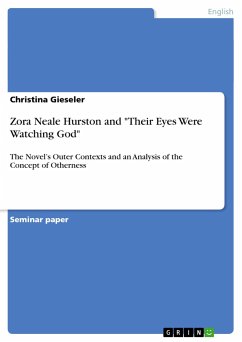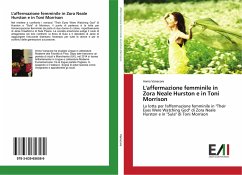Seminar paper from the year 2007 in the subject English Language and Literature Studies - Literature, grade: 1,3, University of Trier, language: English, abstract: Whenever we encounter people in our lives, we automatically and instantly label them and sort them into certain categories. For example, a woman with short hair who wears clothes that are generally assumed to be more likely worn by men will often be expected to be a lesbian. A bodily disabled person, meanwhile, may cause great surprise in many people when he or she proves to be an excellent athlete.There are innumerous stereotypes or general assumptions that are created in relation to a person's looks, biology, and physiognomy, which have an enormous impact on our perception of our environment. They weave a very complex construct of beliefs about what is "natural" for a person to be and do, which sociologists seem to have proven e.g. for the concept of race. It has been created by society itself and only gains its seeming legitimacy in its members' incorporation of these values and according behavioral patterns. What does not fit in these created schemes is most often discriminated against, while in reality the supposed "otherness" or "unnaturalness" only exists through the myths woven around a person's outer appearance. However, on the background of this dynamic, through the "gaze of the other", and depending on the extend to which they incorporate these societal ideas, subjugated people and groups may actually become the way they are seen. They apply the generally assumed characteristics of their sex or race to themselves and thus give them their seeming legitimacy, while in fact race, gender, age or whichever roles must not be seen as static, but as "uh movin' thing" (Hurston, 191).In the following I will try to depict how Janie, the female protagonist in Zora Neale Hurston's Their Eyes Were Watching God, emancipates herself from the beliefs and values her environment tries to impose on her.
Hinweis: Dieser Artikel kann nur an eine deutsche Lieferadresse ausgeliefert werden.
Hinweis: Dieser Artikel kann nur an eine deutsche Lieferadresse ausgeliefert werden.








